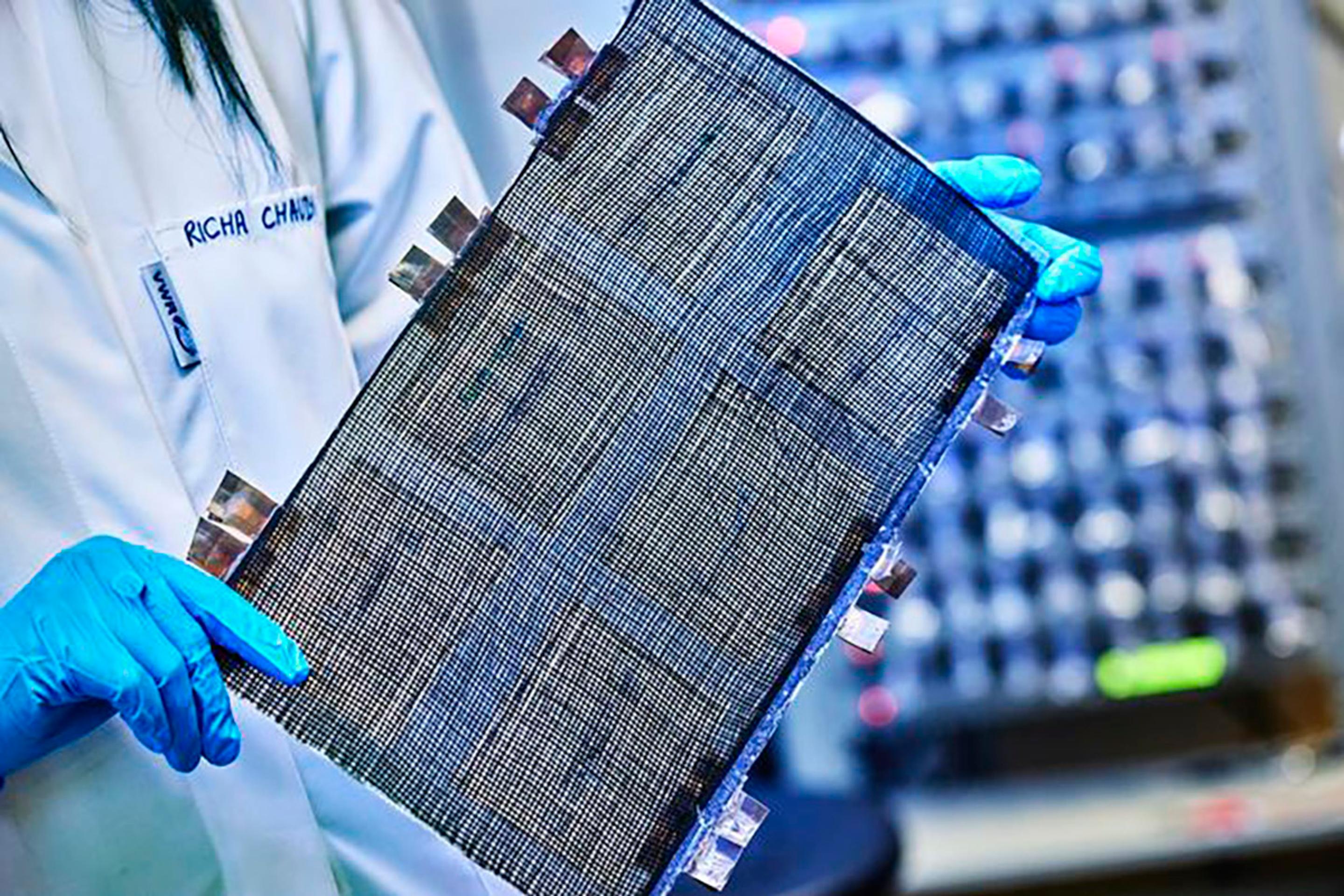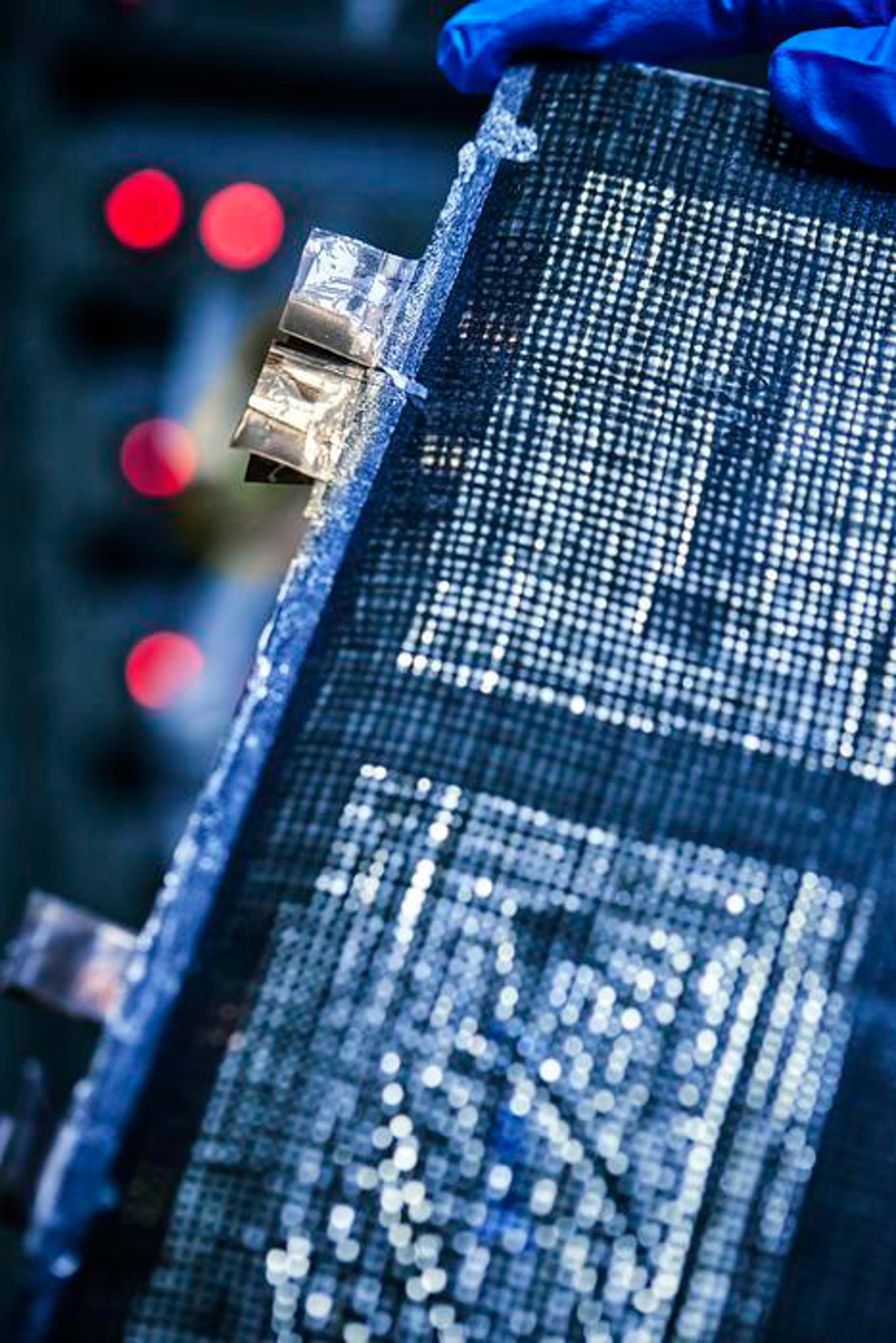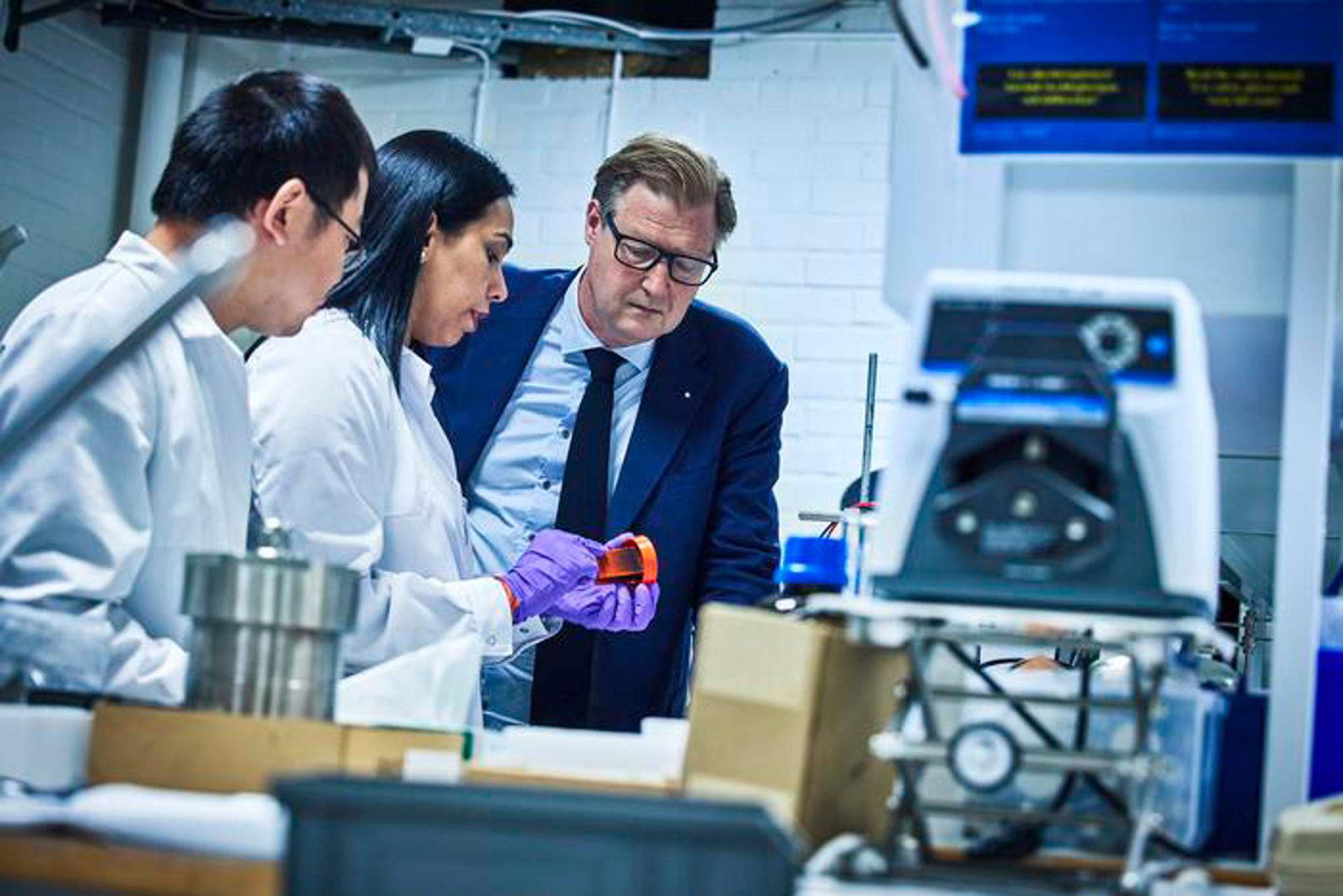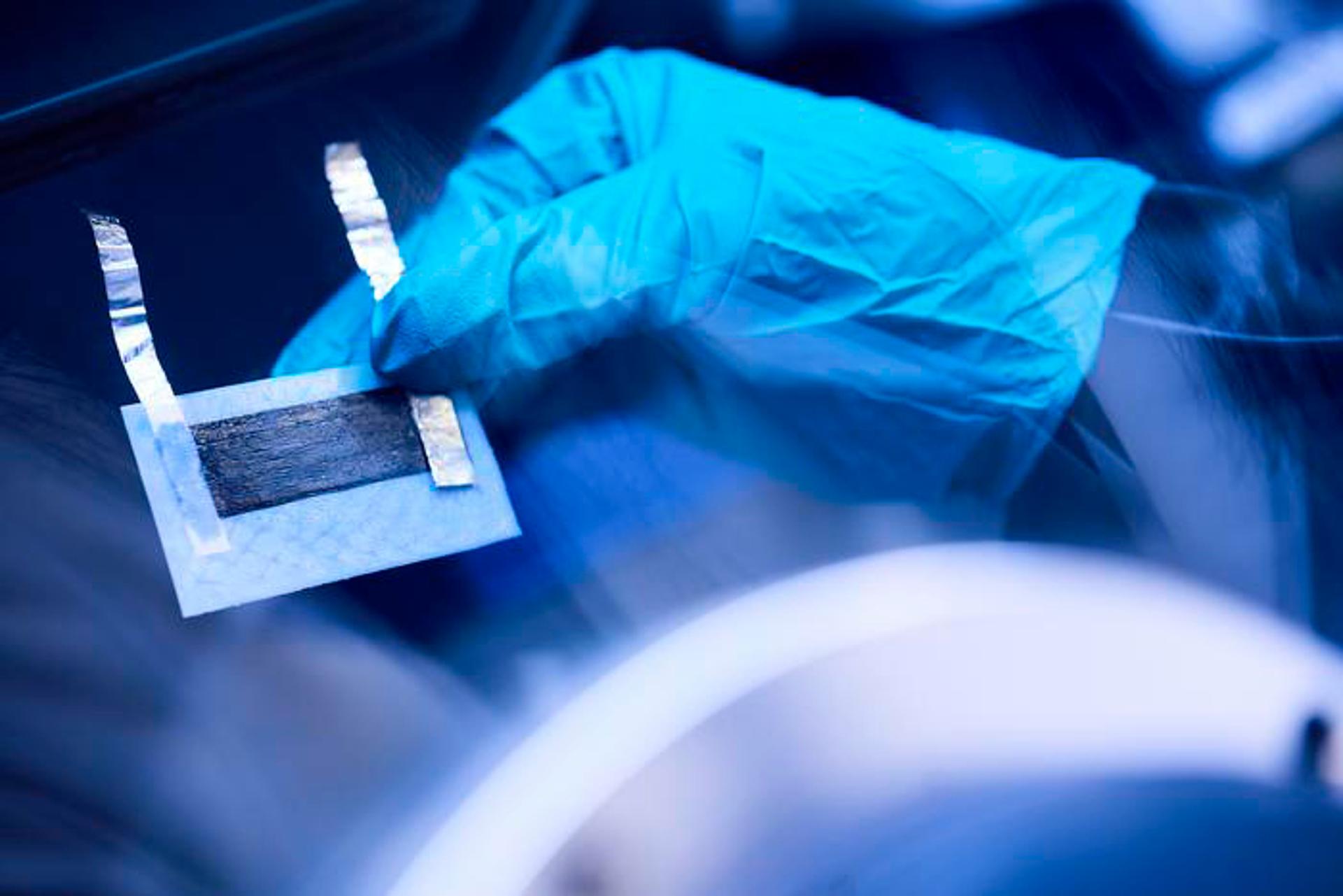"Informed AI News" is an publications aggregation platform, ensuring you only gain the most valuable information, to eliminate information asymmetry and break through the limits of information cocoons. Find out more >>
Carbon Fiber Structural Battery Could Enhance Electric Vehicle Range by 70%
- summary
- score




Swedish researchers at Chalmers University have developed a "structural battery" made from carbon fiber composite. This battery not only stores energy but also serves as a load-bearing material, potentially reducing vehicle weight. The innovation could boost electric vehicle (EV) range by 70%.
Traditional EVs rely heavily on large lithium-ion batteries for long-distance travel. Chalmers' team aimed to create a battery that doubles as a structural component, reducing weight. Their carbon fiber battery, with a hardness comparable to aluminum, stores sufficient energy for commercial use.
Carbon fiber is known for its lightweight, high strength, and stiffness, making it ideal for high-performance vehicles and aerospace applications. The new battery design uses carbon fiber in both anode and cathode, eliminating the need for heavy materials like copper and conflict metals like cobalt.
The battery employs a semi-solid electrolyte, enhancing safety by reducing flammability. However, challenges remain in ensuring rapid ion movement for high-power applications.
With an energy density of 30 Wh/kg, the battery's performance is modest compared to modern EV batteries. Yet, its integration into vehicle frames could offset this by reducing overall weight and freeing up space for additional batteries.
Chalmers has partnered with venture capital firm Chalmers Ventures to commercialize this technology through a new company, Sinonus. The potential applications extend beyond EVs to lighter gadgets and even wind turbine blades.
In essence, this structural battery could revolutionize transportation and electronics by merging energy storage with structural integrity, paving the way for lighter, more efficient devices and vehicles.
| Scores | Value | Explanation |
|---|---|---|
| Objectivity | 6 | Comprehensive reporting and in-depth analysis. |
| Social Impact | 5 | Significantly influencing public opinion. |
| Credibility | 5 | Solid evidence from authoritative sources. |
| Potential | 7 | Profound impact on social structures or policies. |
| Practicality | 6 | Widely adopted and has become an industry standard. |
| Entertainment Value | 2 | Slightly monotonous but includes a few entertaining elements. |